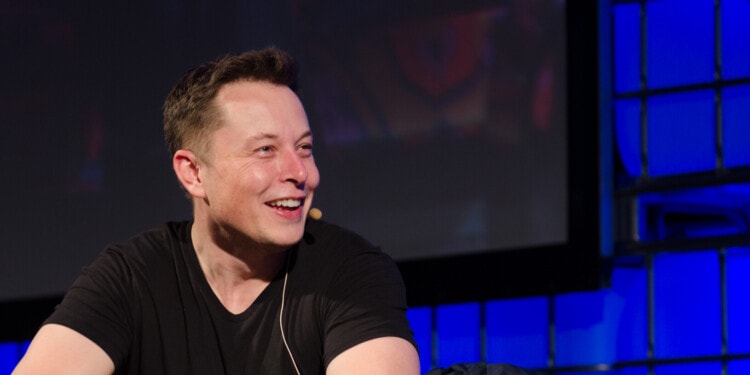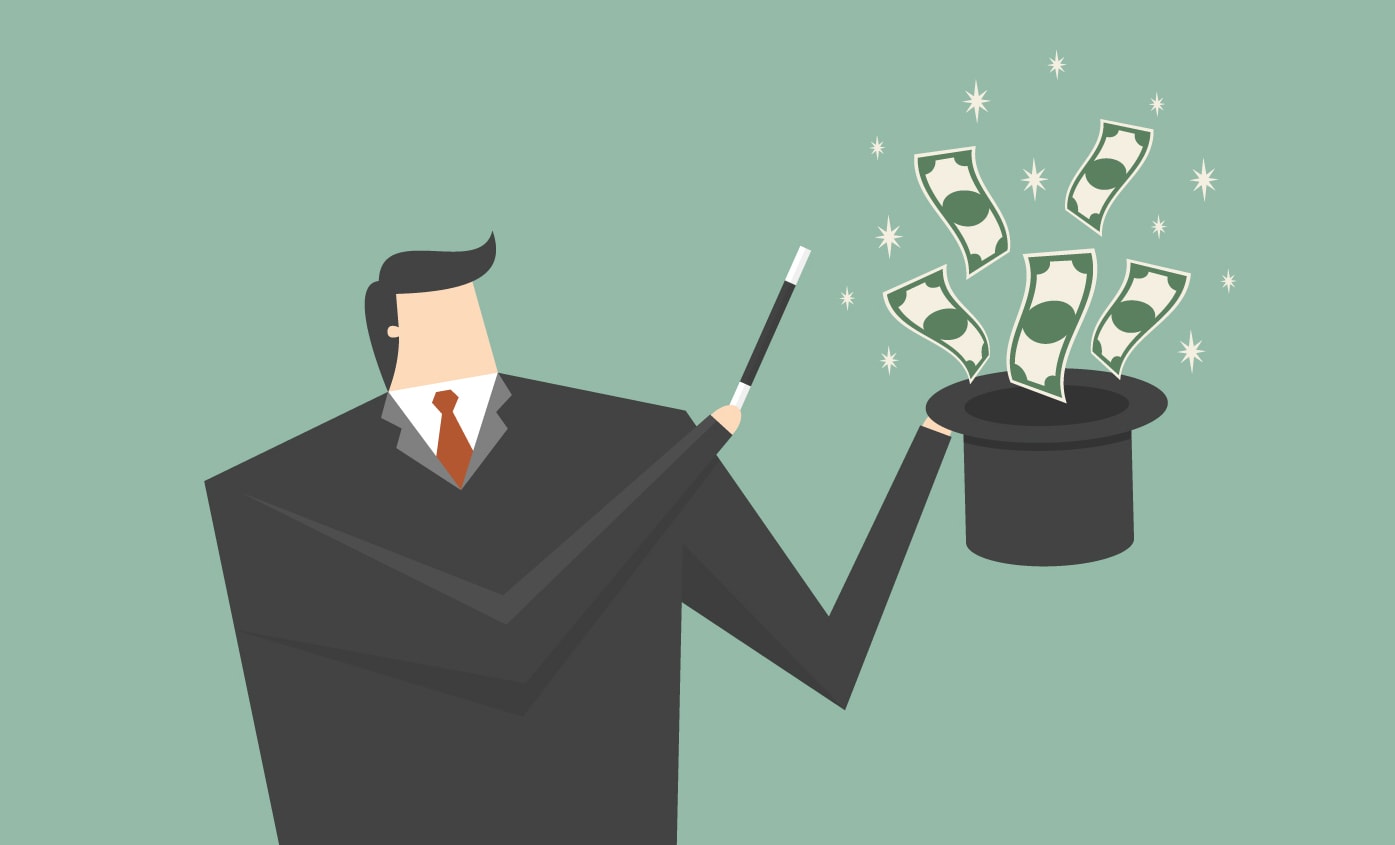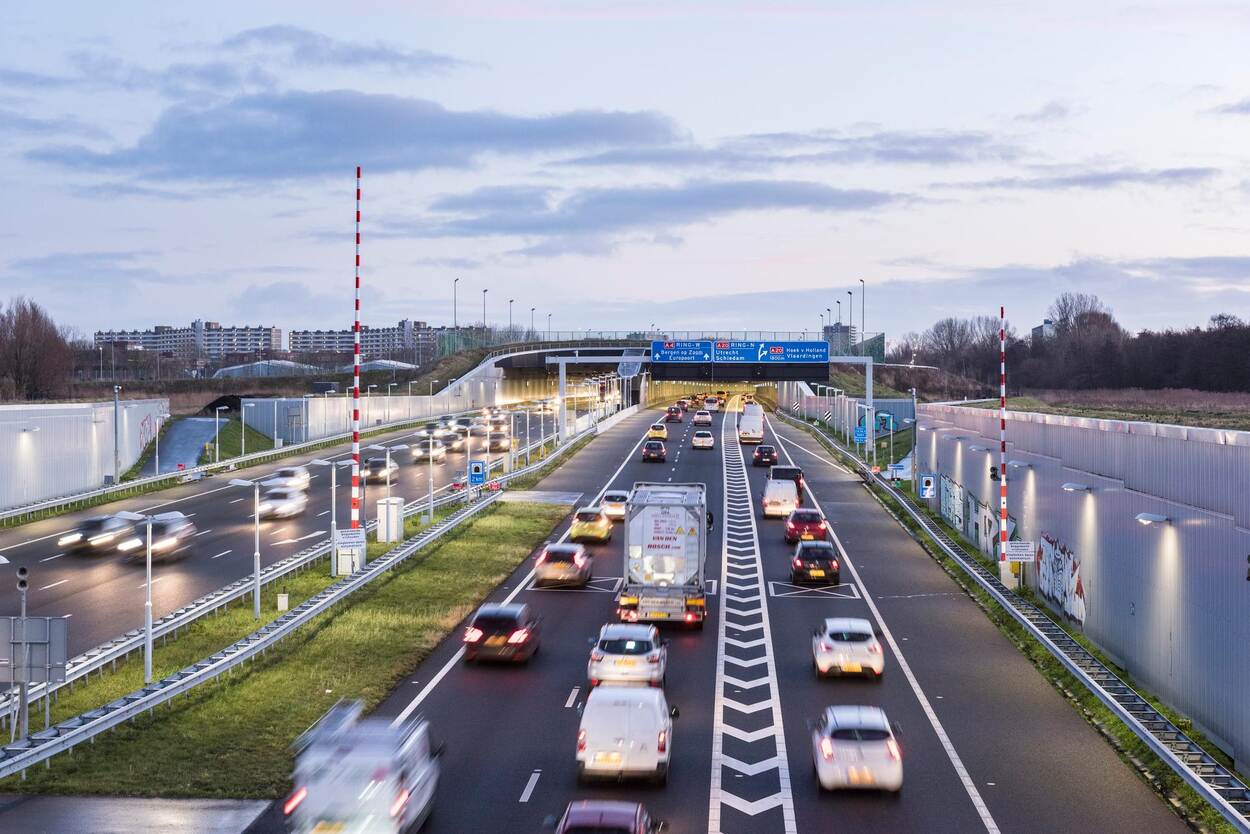Mr Musk, who made the bid less than two weeks ago, said Twitter had “tremendous potential” that he would unlock. He also called for a series of changes from relaxing its content restrictions to eradicating fake accounts.
“Free speech is the bedrock of a functioning democracy, and Twitter is the digital town square where matters vital to the future of humanity are debated,” Mr Musk said in a statement announcing the deal.
“I also want to make Twitter better than ever by enhancing the product with new features, making the algorithms open source to increase trust, defeating the spam bots, and authenticating all humans,” he added. “Twitter has tremendous potential – I look forward to working with the company and the community of users to unlock it.”
Under the terms of the agreement, Twitter stockholders will receive $54.20 in cash for each share of Twitter common stock that they own upon closing of the proposed transaction.
“The Twitter Board conducted a thoughtful and comprehensive process to assess Elon’s proposal with a deliberate focus on value, certainty, and financing. The proposed transaction will deliver a substantial cash premium, and we believe it is the best path forward for Twitter’s stockholders,” said Bret Taylor, Twitter’s Independent Board Chair,
Parag Agrawal, Twitter’s CEO, said, “Twitter has a purpose and relevance that impacts the entire world. Deeply proud of our teams and inspired by the work that has never been more important.”
Twitter faces growing pressure from politicians and regulators over the content that appears on its platform. It has drawn criticism from left and right over its efforts to mediate misinformation on the platform.
In one of its most high-profile moves, last year it banned former US President Donald Trump, perhaps its most powerful user, citing the risk of “incitement of violence.”
But, Donald Trump said on Monday that he will not return to Twitter, even if his account is reinstated following the platform’s purchase by Musk.
Musk’s chequered history on the platform
Mr Musk, who has more than 80 million followers on Twitter, has a dubious history on the platform itself.
In 2018, US financial regulators accused him of misleading Tesla investors with his tweets, claims that were resolved in a $40 million settlement and that Mr Musk continues to deny.
And, the National Labor Relations Board ordered Tesla to make Elon Musk delete a tweet written in 2018, that was seen as threatening to labor organizers within the company; Musk sought to discourage unionisation at Tesla. Around the same time, Tesla fired Richard Ortiz, a Tesla employee who was advocating for a union.
In 2019, he was hit with a defamation suit – which he successfully defeated – after calling a diver involved in rescuing schoolboys in Thailand “pedo guy” on the platform.
On Monday, Mr Musk, who has been known to clash with journalists and block critics, suggested that he saw Twitter as a forum for debate.
However, a free press is at the centre of any society that values free speech. “I hope that even my worst critics remain on Twitter, because that is what free speech means,” he tweeted hours before the deal was announced.
The future of Twitter
Twitter, founded in 2004, struggled to make money for many years and only began to turn a profit in 2017, ending 2021 with $5bn in revenue and 217 million daily users globally – a fraction of the figures claimed by other platforms such as Facebook.
Mr Musk has suggested that the takeover of Twitter will give him freedom to make the changes he wants to the platform.
Among other ideas, he has suggested allowing longer posts and introducing the ability to edit tweets after they have been published. And, the algorithm, or the piece of code that determines the priority in which tweets get served up to users, will become “open source” or available for the public to view and improve upon. Musk said this will help prevent “behind the scenes manipulation” such as fuelling massive foreign propaganda. Lastly, Musk said a top priority would be eliminating “the spam and scam bots and the bot armies that are on Twitter.”
But, human rights groups have raised concerns that a lack of moderation could lead to a rise in hate speech. In a Twitter thread, Amnesty International said: “The last thing we need is a Twitter that wilfully turns a blind eye to violent and abusive speech against users, particularly those most disproportionately impacted, including women, non-binary persons, and others.”
Musk’s statements about protecting free speech, for now, are solely promises. And those promises are complicated by his historical hostility toward speech he perceives as damaging toward his economic interests. By taking Twitter private, Musk will have a great amount of power to make decisions about the future of the platform.
How well Musk will use this power remains to be seen. Will he follow the example of another famous Silicon Valley billionaire, Amazon’s Bezos when he took over ownership of the Washington Post, essentially leaving the editorial board untouched and the paper as free to publish as it had been before? Perhaps not, only time will tell.
Editor’s Note: The opinions expressed here by Impakter.com columnists are their own, not those of Impakter.com — In the Featured Photo: Elon Musk speaking at The Summit 2013. Featured Photo Credit: Flickr.com














